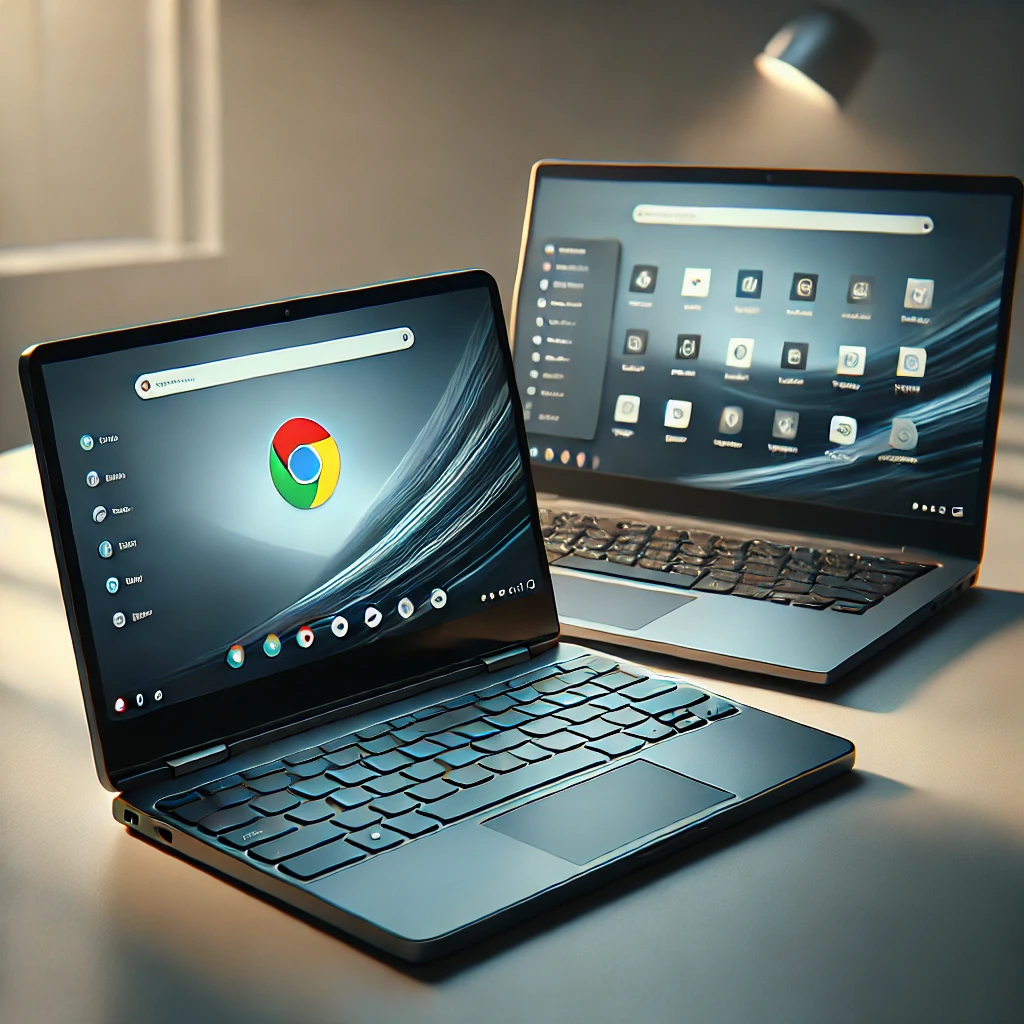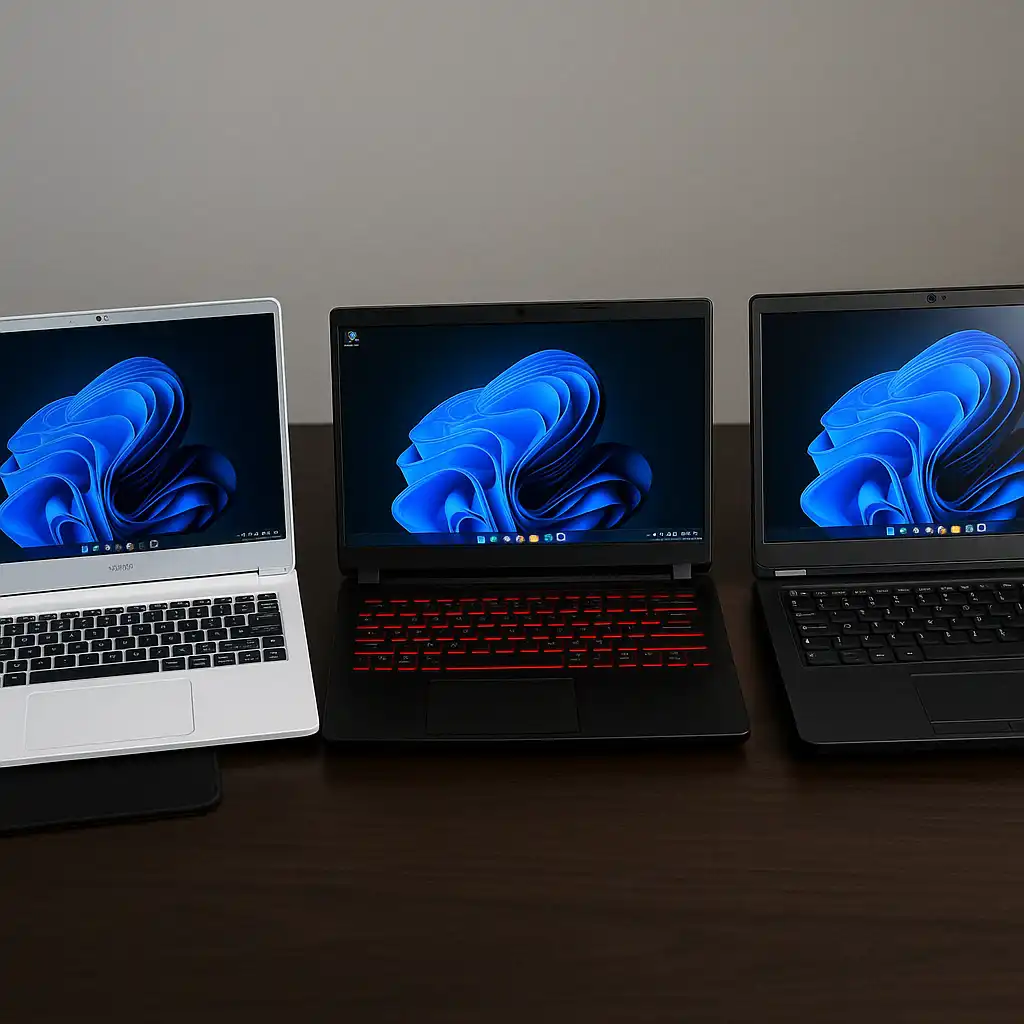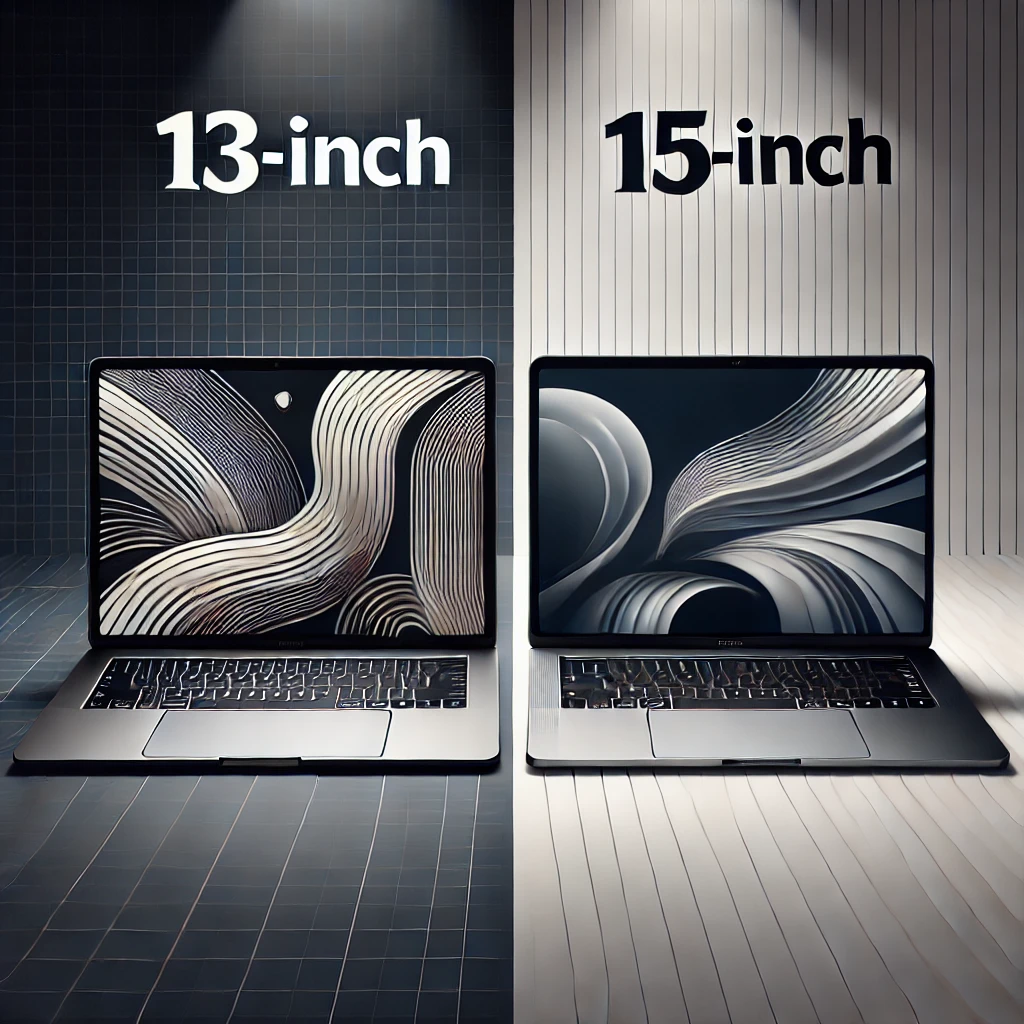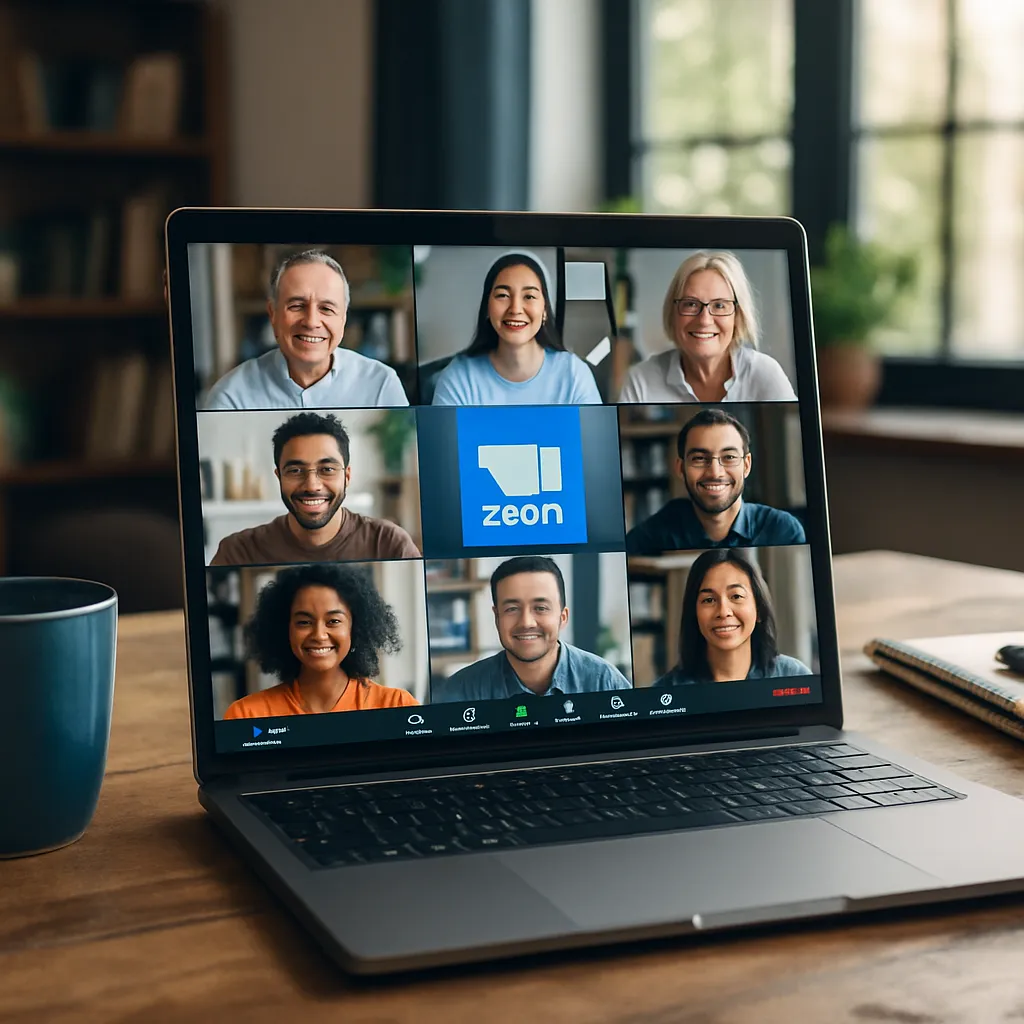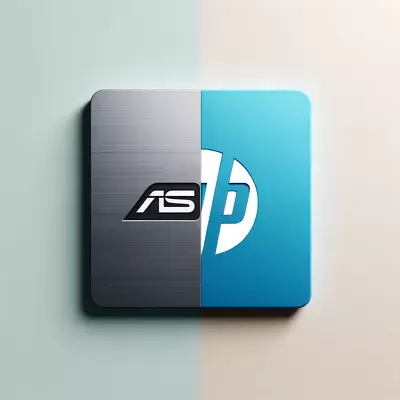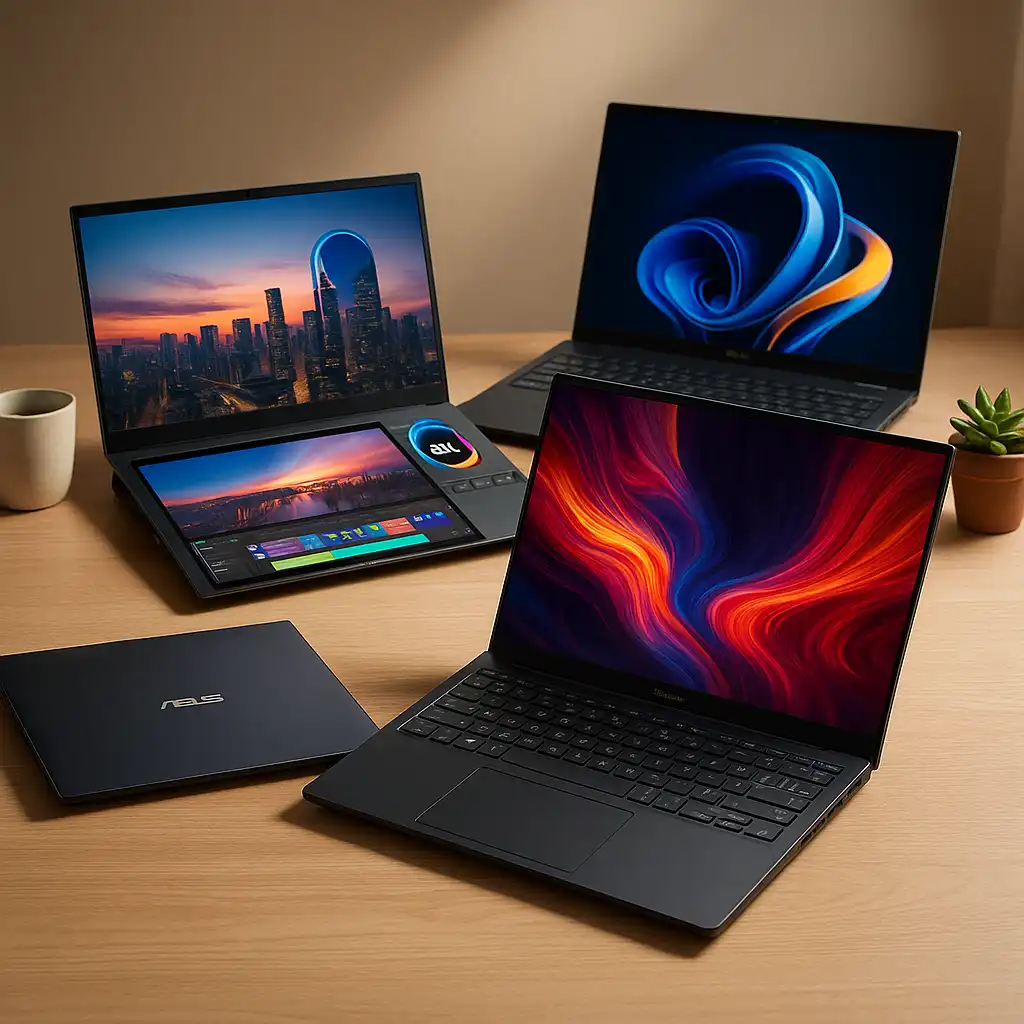What’s the Difference Between a Chromebook and a Laptop?
Disclosure: This post contains affiliate links. LaptopVoyager.com participates in the Amazon Associates Program and may earn commissions on qualifying purchases, at no extra cost to you.
When you’re in the market for a new computer, deciding between a Chromebook and a traditional laptop can be challenging. While both devices serve similar functions, they differ significantly in terms of operating systems, performance, and intended use. In this post, we’ll break down the key differences to help you decide which device suits your needs.
Operating System
The primary difference lies in the operating system. Chromebooks run on Chrome OS, a lightweight system developed by Google, while laptops typically run on Windows, macOS, or Linux.
- Chrome OS: Designed around the Chrome browser, it’s optimized for web-based tasks and apps. Most applications run online, which limits offline capabilities unless specific apps support it.
- Windows/Mac/Linux: These systems offer broader software compatibility, including powerful programs for gaming, video editing, and professional tasks.
Performance
Chromebooks are designed to be lightweight and fast, often featuring less powerful processors than traditional laptops. While this keeps costs low, it may limit their performance for demanding tasks.
- Chromebooks: Ideal for web browsing, streaming, and productivity tasks like document editing.
- Laptops: Equipped with more powerful hardware options, they excel at multitasking, creative work, and gaming.
Storage
Chromebooks typically rely on cloud storage to keep prices low, with minimal local storage. On the other hand, laptops generally provide ample local storage options.
- Chromebooks: Usually offer 32GB to 128GB of storage with added cloud storage incentives.
- Laptops: Commonly equipped with 256GB to 1TB+ SSDs for extensive file storage.
Software Compatibility
If you rely on specific software programs, this can heavily influence your choice.
- Chromebooks: Run web apps and Android apps from the Google Play Store but may struggle with specialized software.
- Laptops: Capable of running full desktop software like Adobe Photoshop, Microsoft Office, and gaming platforms.
Price
Chromebooks are often more affordable than laptops, making them popular for students and casual users.
- Chromebooks: Starting prices can be as low as $200-$400 for entry-level models.
- Laptops: Prices vary widely, starting at around $400, with high-end models exceeding $2000.
Battery Life
Chromebooks are known for exceptional battery efficiency due to their lightweight operating system.
- Chromebooks: Often provide 8-12 hours of battery life.
- Laptops: Typically offer 6-10 hours depending on performance demands.
Which One Should You Choose?
- Choose a Chromebook if you’re seeking an affordable, web-centric device with great battery life for casual use or school.
- Choose a Laptop if you need versatility, software compatibility, and higher performance for professional tasks or gaming.
Conclusion
Both Chromebooks and traditional laptops offer unique strengths, and your choice should align with your specific needs. For light computing tasks on a budget, a Chromebook is an excellent choice. However, if you require greater performance and compatibility with professional software, a laptop is the better option.

